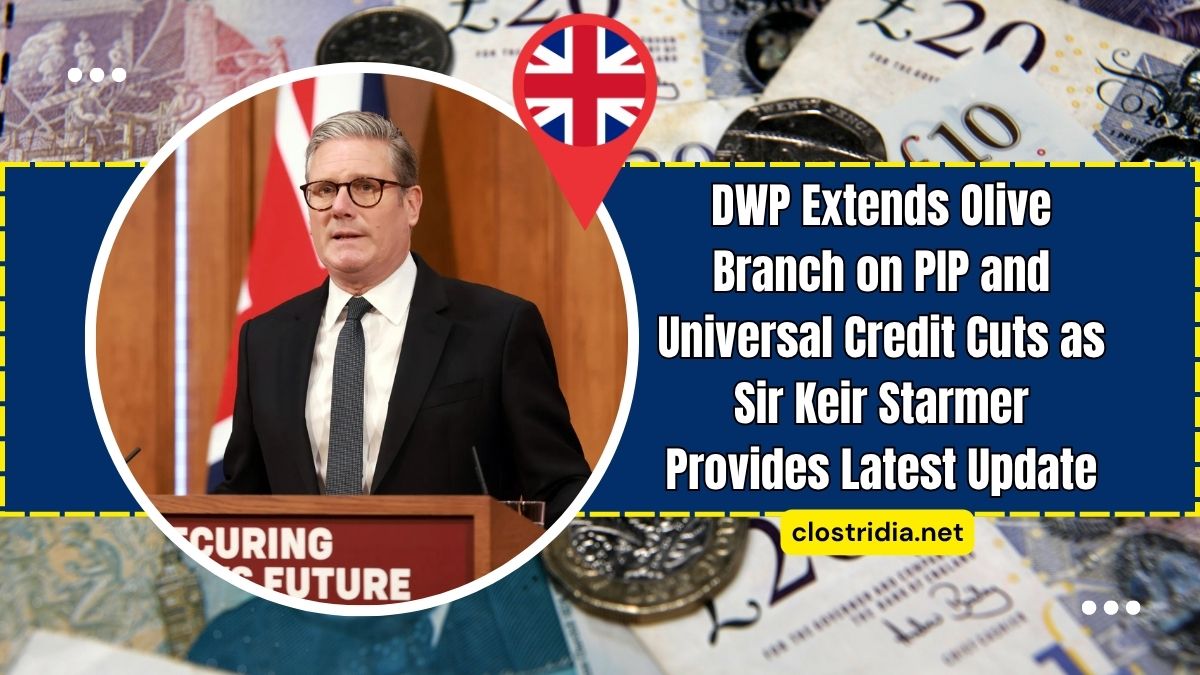The Department for Work and Pensions (DWP) is intensifying its attempts to mitigate growing opposition from Labour Party MPs regarding its proposed cuts to Personal Independence Payment (PIP) and Universal Credit.
To address the backlash, ministers are reportedly offering olive branches—modifications to the original proposals, aimed at reducing the severity of the cuts.
Increased Efforts to Address the Backlash
The DWP is stepping up communication with MPs, and it is understood that they are even preparing for potential cabinet reshuffles in case of resignations.
These preparations are part of a broader strategy to secure support for the welfare reforms while rolling out additional support for individuals at risk of losing their benefits.
At the same time, MPs have been warned by the Cabinet about the potential consequences of opposing the reforms. Reports suggest that the government’s whips are applying increased pressure on MPs to support the changes.
Meanwhile, No 10 is drafting contingency plans for potential ministerial changes as the crucial vote approaches.
Labour MPs’ Concerns
A prominent Labour backbencher dismissed the government’s conciliatory gestures, describing the olive branch as ineffective. According to the MP, it is unlikely to sway any Labour MPs, many of whom are deeply concerned about the impact on disabled individuals in their constituencies.
The MP further criticized the rushed nature of the reforms, pointing out that they were introduced without a comprehensive impact assessment, and called for the government to re-evaluate its approach.
Sir Keir Starmer’s Position on Welfare Reform
Despite the growing opposition, Sir Keir Starmer, leader of the Labour Party, has reiterated his stance on the necessity of welfare reform.
Addressing the issue in a major update, just days before the planned cuts were to be introduced in Parliament, Starmer emphasized the need for reform.
He acknowledged the possibility of rebellion within the party, with some estimates suggesting that up to 170 MPs might oppose the proposals.
Starmer argued that the welfare system needs to be overhauled, pointing out that it currently does not serve either those in need of support or taxpayers effectively.
He outlined his vision for welfare reform, stating that work-ready individuals should be supported in finding employment, while those who are unable to work should receive adequate protection without facing continuous reassessments.
The DWP’s attempt to reform welfare benefits has sparked significant opposition, particularly from Labour MPs, who argue that the proposed cuts will harm vulnerable communities.
While the government is making concessions to pacify dissent, the plan remains contentious.
As the vote approaches, the situation continues to evolve, with ministers and MPs alike preparing for potential changes in government leadership.
FAQs
What are the key changes in the DWP’s welfare reform proposals?
The proposals include cuts to Personal Independence Payment and Universal Credit, along with efforts to encourage people to work where possible while providing support for those unable to work.
Why are Labour MPs opposed to the DWP’s welfare cuts?
Labour MPs are concerned that the cuts will negatively impact disabled individuals and vulnerable communities, especially since the reforms were implemented without proper impact assessments.
What has Sir Keir Starmer said about the proposed welfare reforms?
Starmer has emphasized the necessity of reforming the welfare system, aiming to balance the needs of both taxpayers and those requiring support. He advocates for individuals who can work to be encouraged to do so, while ensuring that those who cannot work receive appropriate protection.

